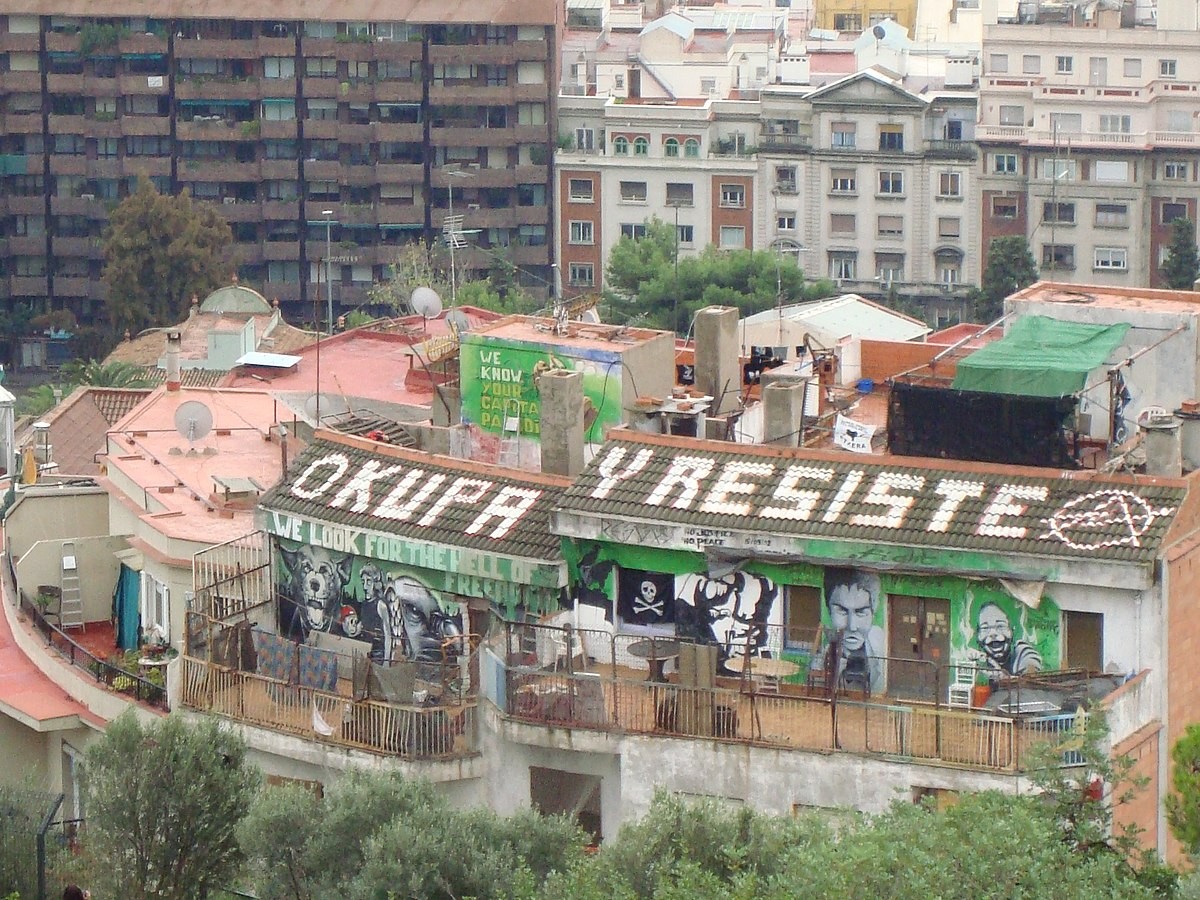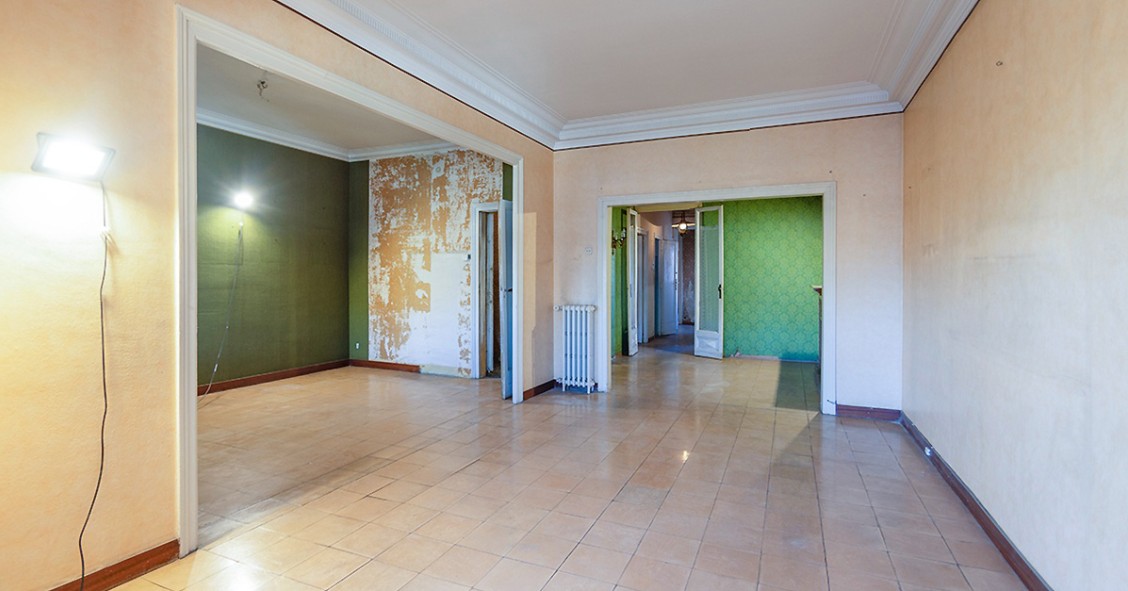
The now well-known anti-squatting law has come into effect, as part of Organic Law 1/2025, dated 2 January, which introduces measures to improve the efficiency of the Public Justice Service. This new regulation promises to evict squatters within 15 days of filing a complaint. But will it truly be that effective? Will it resolve the squatting issue?
In theory, the new regulations allow burglary and trespassing offences to be processed through the fast-track trial procedure. As a result, evictions could, in theory, take place within 15 days of being brought before the court.
Under the new law, squatting offences will be classified as less serious crimes, enabling them to be processed through the fast-track system. To facilitate this, an amendment has been made to Article 795 of the Criminal Procedure Act (in Spanish), adding two new sections to the existing article:
i) Breaking and entering offences under Article 202 of the Penal Code.
j) Crimes of usurpation of Article 245 of the Penal Code.
Additionally, penalties are being increased for those who enter a property using violence or intimidation against its owners. In such cases, squatters could face prison sentences, replacing the current financial penalties.
Carmen Giménez, principal attorney at G&G Abogados, explains that a key feature of the new regulations is that the Court of First Instance can order an eviction quickly, before the fast-track trial, provided the complainant-owner has requested eviction as a precautionary measure. However, it is important to note that the new criminal regulations only cover squatting and not inquiocupaciones (tenants who remain in a property after failing to pay rent). These are considered crimes that must be committed in the act of occupation to lead to eviction. The law defines a crime "in the act" as one that is either being committed or has just been committed when the offender is caught in the act. In other words, the offenders must be caught "red-handed," as the lawyer explains.
Will the new anti-squatter law be effective?
“It’s a limited step forward,” says José Ramón Zurdo, general director of Agencia Negociadora del Alquiler (ANA). “The amendment to Article 795.1 of the Criminal Procedure Act, which allows for summary trials – and in theory, would end squatting within a month – is still largely theoretical. We need to see how long these proceedings actually take, especially when vulnerable individuals are involved and social services must intervene.”
One of the main criticisms of the new law, and a key reason for scepticism about the 15-day eviction target, is that the process remains judicial rather than administrative.
Squatters will still be able to present food vouchers, rental agreements or false claims, which could turn these supposed fast-track trials into the same drawn-out and costly legal battles as before. Nonetheless, the new law does theoretically allow for an expedited process even in cases where the squatting has already taken place.
According to José Ramón Zurdo, the ideal approach would be an administrative, rather than judicial, solution. “All residential rental contracts should be required to be in writing and registered in a public contract registry,” he suggests.
“This way, when the security forces arrive at an occupied property and ask the squatters for tenancy agreements registered with an official stamp, which officers can easily verify electronically, if such documentation isn’t provided, they can assume the contracts shown are falsified and proceed with eviction without needing a court order. This would invalidate the fake agreements and receipts squatters often use to justify their occupation,” Zurdo added.
With the new anti-squatter law now in force, once a complaint is filed, the owner will be recognised as the injured party, while squatters will be summoned as suspects. If they cannot prove any legal right to remain in the property, the judge may order immediate eviction following the hearing. However, as squatters are likely to seek ways to delay proceedings, it remains uncertain whether the 15-day timeframe will be met in practice.
However, once the ruling is handed down, the eviction will be carried out without a prior vulnerability assessment, as it is treated as a flagrant offence. In principle, this should not conflict with existing protections that suspend evictions in certain circumstances.
The fast-track procedure will not apply to so-called inquiokupas – tenants who stop paying rent or remain in the property after their lease has expired. This issue is considered even more widespread and complex than unlawful squatting.
Initiating civil proceedings – currently done via the specific process outlined for illegal occupations – does not ensure speed or immediacy. As lawyer Carmen Giménez explains, there are several reasons for this:
1) The sluggishness of the justice system and the long-standing overload it has faced, worsened by the pandemic, have not been addressed through any significant increase in either material or human resources.
2) Furthermore, the announcement of Organic Law 1/2025, of 2 January, on measures to improve the efficiency of the Public Justice Service and its far-reaching procedural reform, prompted a surge in legal filings ahead of its 3 April implementation date. As a result, many lawsuits were submitted in haste and without oversight. This has overwhelmed court registry offices, which are responsible for allocating cases. The backlog means it can now take several months for a case, assigned strictly in order of entry, to reach the relevant court, which will ultimately be responsible for issuing a ruling.
